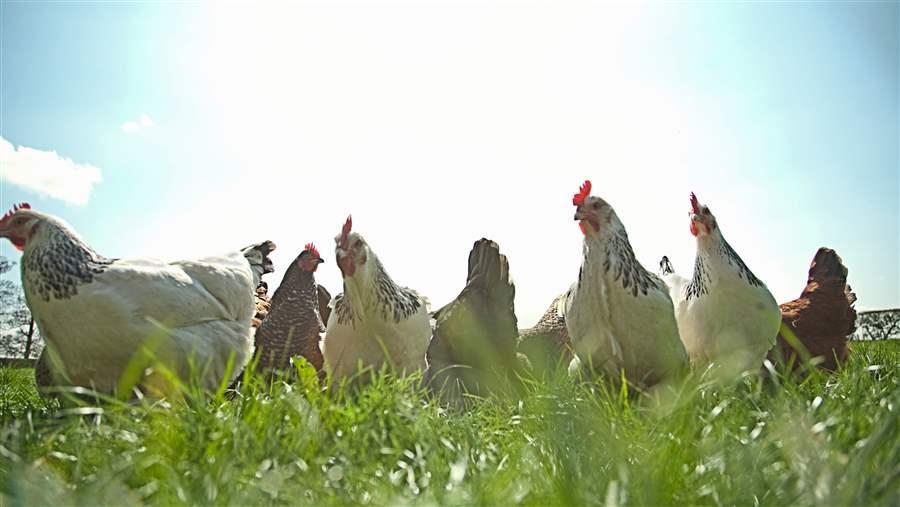FDA Seeks More Funding to Track Resistant Bacteria
Increase for National Antimicrobial Resistance Monitoring System would boost public health protections
The Food and Drug Administration recently asked Congress for an additional $8 million for its Center for Veterinary Medicine’s Animal Drugs and Feeds Program, including money to enhance the country’s only public health surveillance system for assessing antibiotic resistance in intestinal bacteria found in people, retail meats, and food animals.
The National Antimicrobial Resistance Monitoring System (NARMS) is an important tool for tracking and responding to drug-resistant bacteria. The FDA request would expand its scope to include more testing of products for bacteria in retail settings and improve data collection capabilities. The system provides public health officials with information essential for detecting these emerging superbugs.
Using cutting-edge science and technology—such as the “Resistome Tracker,” launched last year—NARMS offers visual, interactive displays of the genes of resistant bacteria. Additionally, the system uses whole genome sequencing to provide critical information about bacteria’s DNA, helping researchers identify new resistance genes and see how bacteria evolve.
Armed with the NARMS data, policymakers can better assess the impact of federal interventions to combat resistant bacteria. Those include efforts to end antibiotic use for growth promotion and increase veterinary oversight, both of which went into effect in 2017.
An FDA Science Board report last year made several recommendations to enhance NARMS that require additional funding. They include proposals to expand the program to track pathogens that threaten the health of food animals and to improve the collection of epidemiologic data associated with collected samples. FDA requested NARMS funding to address these recommendations, and can strengthen its data collection and surveillance activities if Congress provides the needed support.
Strengthening NARMS to keep up with the latest advances in science and technology would ensure that U.S. public health authorities can continue to actively monitor and rapidly respond to foodborne antibiotic-resistant infections. Congress should fully fund FDA’s request for resources to improve NARMS, a program that remains foundational to U.S. efforts to combat resistant bacteria.
Karin Hoelzer, a veterinarian, works on The Pew Charitable Trusts’ safe food and antibiotic resistance projects.







